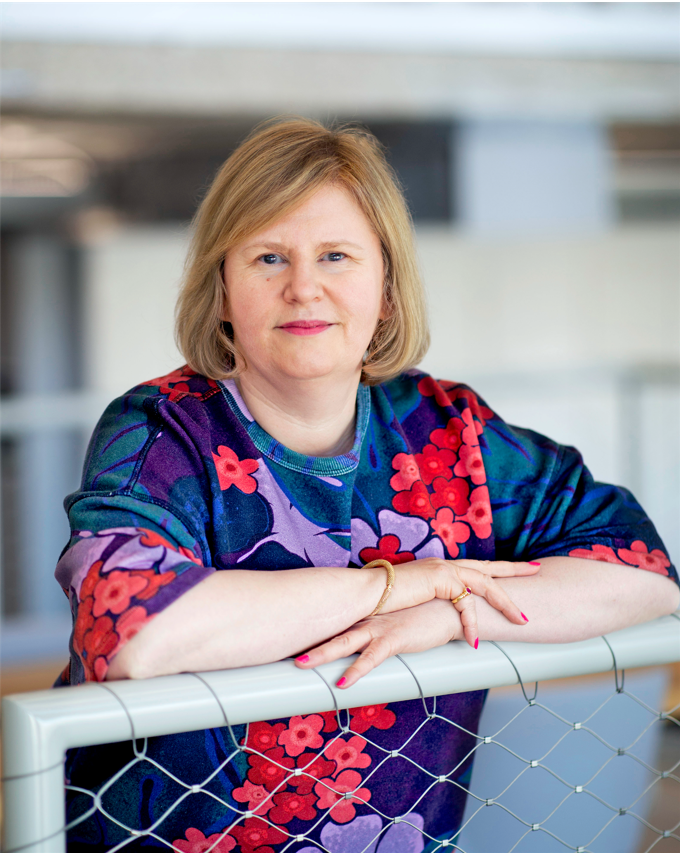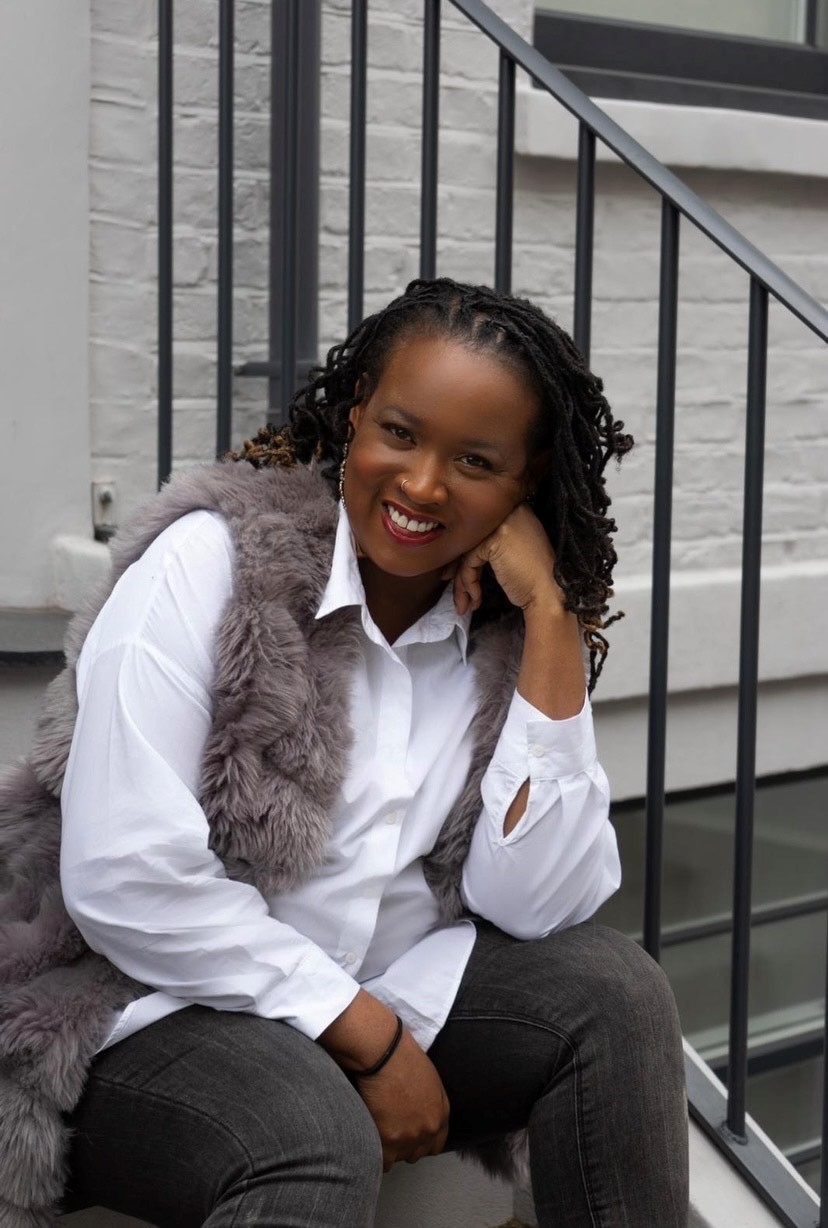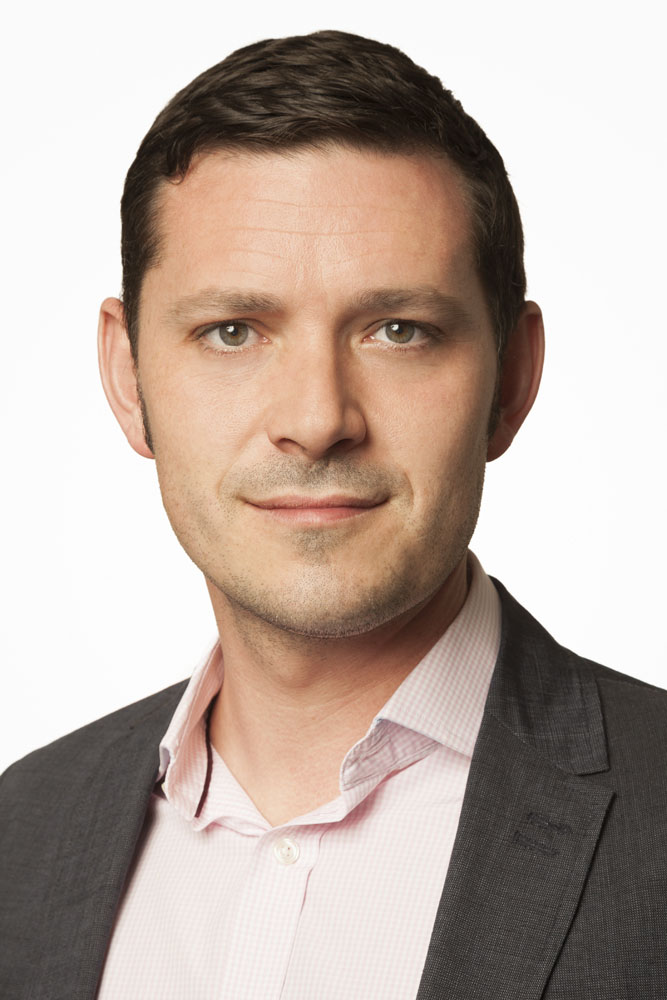What is a media leader’s top responsibility when it comes to hybrid working?

The UK government has proposed new measures that will enable staff to request flexible working from the first day of starting a new job.
Currently the law says employees can only request flexible working six months down the line, but the new proposals would force employers to respond to requests faster than the current three-month limit.
As some of us have started, or will soon start, going back to the office and leaving our full-time work-from-home setup of the last 18 months behind, Mediatel News asked media leaders about their perspective on hybrid working and their role to play in it.
While hybrid working has many considerations, what is the number-one responsibility that media leaders have?

Ailsa Buckley
Deputy managing director of Havas Media Group
“For me, the main responsibility would be ensuring flow of communication and productivity. In the new world of hybrid, the priority needs to be setting people up for success and capitalising on the benefits of this new way of working.
“We are a service industry so ultimately, continuing to deliver the highest quality work for our clients is paramount. Optimal hybrid working may take some time to establish. Therefore, when there’s less chance of ad hoc conversations, facilitating ‘natural’ communication becomes more important than ever.
“Ensuring all team members – especially newer and more junior colleagues – are given clear guidance, will be critical to our ability to operate happy and high functioning teams. And this is often reliant on our ability to embrace and implement best practice in technology.”

Fiona Gordon
UK CEO at Ogilvy
“As a leader, the main responsibility is finding the right balance between maintaining and supporting collaboration, cocreation and creativity, while also giving the team enough space to decide the best balance of hybrid working for them
“As we have seen, we can achieve a lot remotely. But the magic of intersections really happens when people from diverse backgrounds and perspectives come together to work on a problem.
“Media exists within an ecosystem of channels, so you often need people thinking beyond their core channel and considering the mix of earned, influence and owned. It’s about creating the conditions for working both together and remotely.”

Dinah Williams
Founder and director of The Avenir Network
“Introducing hybrid working successfully will require leaders to embed a significant culture shift – including establishing new patterns of working and implementing new policies and procedures because the success of hybrid working is that it works for everyone.
“With many organisations currently introducing an interim hybrid approach, accelerated by the global pandemic, the long-term success of hybrid working will require greater flex than the urgency to shift to 100% remote working we experienced in March last year.
“Successful implementation will require leaders to continue to listen and most importantly, to trust their employees, just like we witnessed with the shift to WFH. Regular feedback and reviewing practices, as well as up-skilling and training for managers will be important facts.
“I personally hope that leaders avoid reverting by default back to traditional office behaviours and expectations, as it will undo the progress made in the last 18 months.”

Justin Taylor
UK managing director of Teads
“For me one of the priorities for hybrid working is to continue to focus on the individual, to offer your full confidence on personally what is right for them as well for the business.
“The pandemic has accelerated the trust curve of what can be accomplished at home vs the office but has also highlighted the benefits of what physicality can deliver.
“I believe that our teams appreciate the flexibility and as leaders we must continue to trust our teams to deliver the best work in a way that does not erode the benefits we have come to appreciate.”
SEE THE FUTURE OF MEDIA
October’s two-day Future of Media conference in London explores eight key themes as part of a unique and business-critical agenda for the advertising and media industry. For more information on media planning and the other key themes check out the event website here.




